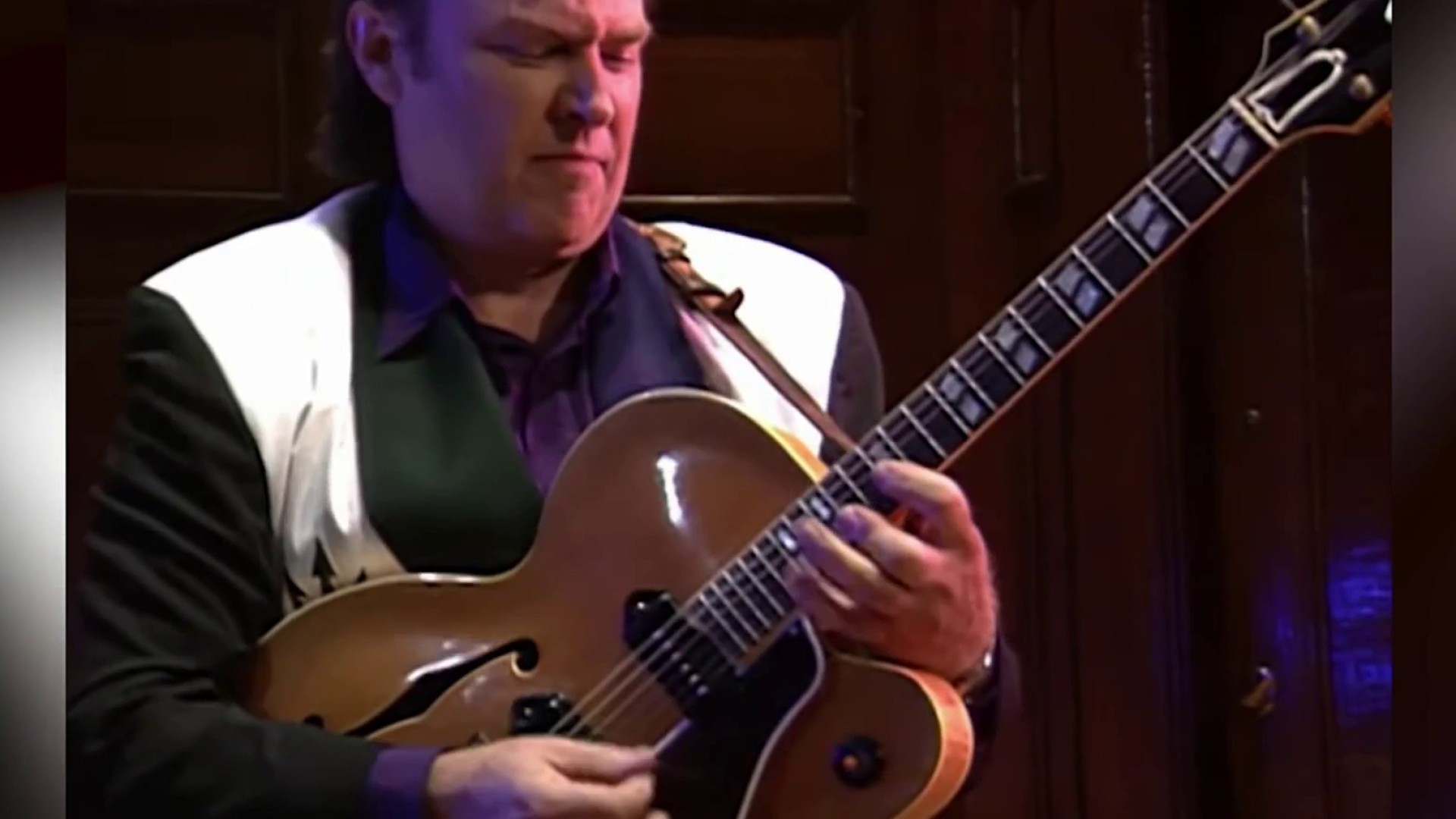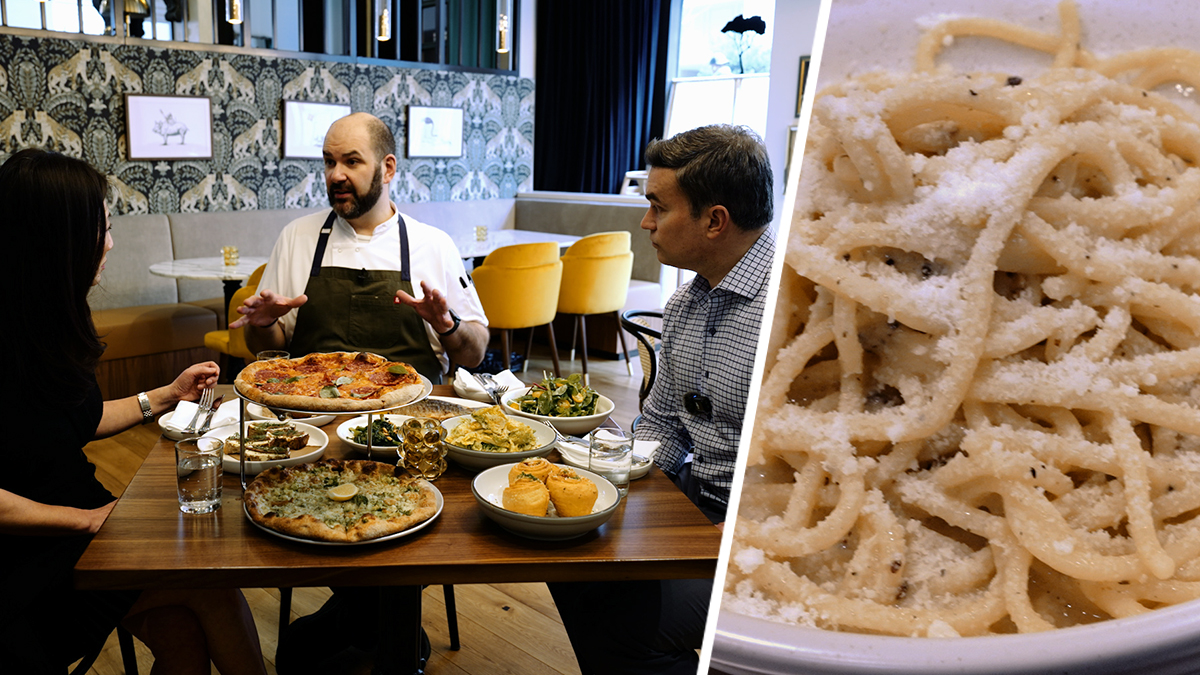Amy Duru has a good job, but her husband lost his as an engineer and now works a part-time gig at night. He also watches their 15-month-old son, Monte, during the day while pursuing a graduate degree online.
They've found themselves putting off one thing to pay for another -- and that's caused them to miss out on serious needs, such as medication.
"I'm diabetic. I'm supposed to wear an insulin pump," Duru said. "I don't take my medicine like I'm supposed to because I don't always have the money and you make the sacrifices so that your son has diapers and that there is food in the kitchen."
We want to try to help people like Duru, so we began by consulting with Gerri Walsh of the Financial Industry Regulatory Authority (FINRA).
Quite possibly the greatest hurdle in a subject so sensitive as finances is admitting you need help, but Duru has already done that.
"I'm doing this because I'm hoping for some advice on how to get ourselves in a better position," Duru said.
Walsh is ready to get to work.
Local
Washington, D.C., Maryland and Virginia local news, events and information
"The New Year is a great time to start with resolutions that put you on a path to financial security," Walsh said.
We started with one of Duru's biggest hurdles: her $80,000 student loan debt.
Walsh says Duru has options, especially with federally guaranteed student loans. She should start by talking to her lenders about a workable payment plan. She may also be granted some degree of loan forgiveness, which can happen based on one's income and ability to pay.
In other cases, loan consolidation might make sense. But if none of that works, you're advised to first pay the loan that charges the highest rate.
Next, Walsh recommends turning to family or a bank for a small interest loan, instead of using credit cards. But if you already have debt on cards, you're going to have to pay that down, too.
"...Order your credit card [focus] by the amount of interest you pay [on each card] and pay off the ones that [have] the highest interest charges first," Walsh said.
Also, creating the habit of using cash will make you think twice about your purchases.
"There have been studies done that have shown that people who pay cash for something purchase less than if they have the option of putting it on a credit card," Walsh said. "They'll pay more for a concert ticket if they can pay credit than if they have to pay with cold hard cash."
Then, put away some money for emergencies like home and car repairs.
"Ideally, you have 3-6 months of your expenses set aside in a rainy day fund, but if you don't have that much, don't fret because you can start small to build a rainy day fund," Walsh said. "If you set aside just $20 a week by this time next year, you'll have $1,000 in a rainy day fund and that can go a long way to covering unexpected costs."
How to get back on track if you're in serious debt:
Call the National Foundation for Credit Counseling (NFCC) at 1-800-388-2227, or visit their website at www.NFCC.org.
The NFCC will connect those who need help with counselors who can help with a plan to get them on track, free of charge.



